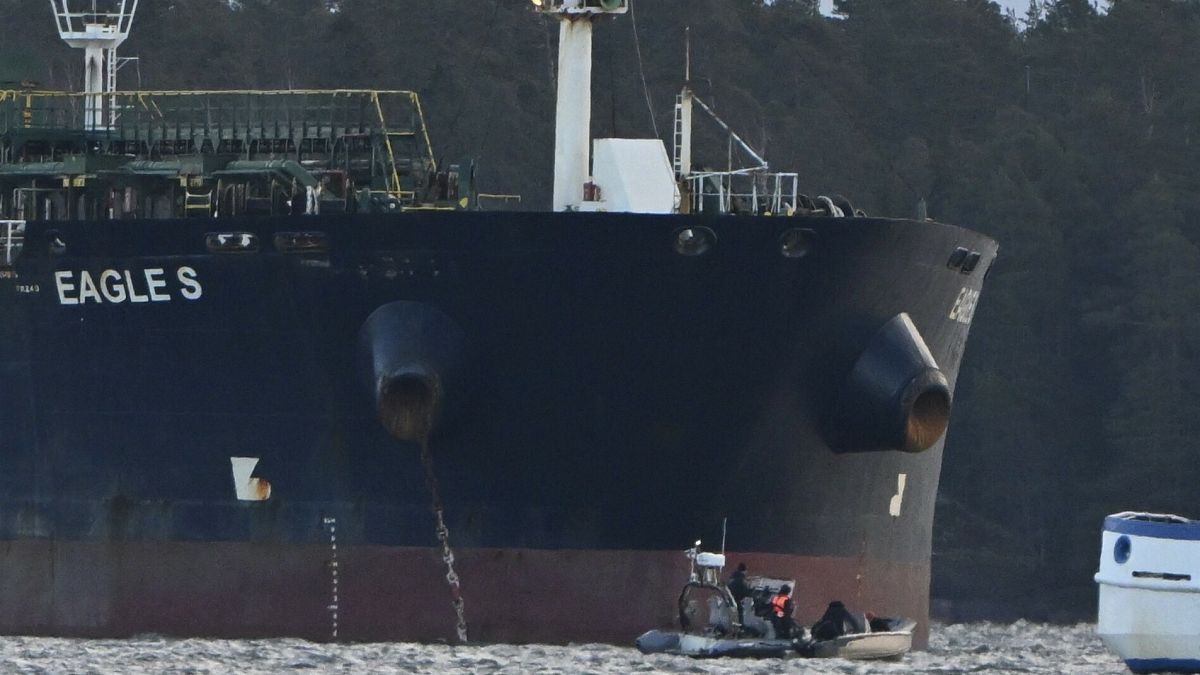The Eagle S, a Russia-linked tanker, has been detained indefinitely by police in Finland due to suspicions of damaging the Estlink-2 power cable running under the Baltic Sea between Finland and Estonia. The tanker’s crew of 24 has had restrictions imposed on their movement, with eight members currently under suspicion of a crime. The incident, which occurred on Christmas Day, resulted in a power outage, though services were minimally impacted. The Eagle S, flagged in the Cook Islands but associated with Russia’s shadow fleet, has raised concerns about accidents due to its aging vessels and uncertain insurance coverage.
In response to the incident, NATO has agreed to enhance its military presence in the Baltic Sea, following Finland’s abandonment of military neutrality in 2023 and joining of NATO. This comes after a series of incidents involving undersea cables and gas pipelines in the Baltic Sea since 2022, including the sabotage of two data cables and damage to the Nord Stream pipelines. The cause of the Nord Stream incident was identified as sabotage, leading to criminal investigations and increased patrols near undersea infrastructure by NATO.
Finland and Estonia have requested extra NATO help following the incident to ensure the security of the region. The crew of the Eagle S are currently being questioned to determine who was involved in the incident and who was responsible for the ship’s course, with movement restrictions placed on key individuals. The investigation is ongoing, with the number of individuals under suspicion subject to change as more details emerge. The vessel’s connection to Russia’s shadow fleet raises questions about potential environmental risks due to the vessels’ age and lack of Western-regulated insurance.
The incident involving the Eagle S highlights the ongoing tensions in the Baltic Sea region, particularly in light of previous incidents involving undersea infrastructure. The suspected sabotage of vital cables and pipelines has raised concerns about the security of the region and the potential for further incidents. The response by NATO to increase military presence in the area underscores the importance of protecting critical infrastructure and ensuring the stability of the region. As the investigation into the Eagle S incident continues, efforts to bolster security and cooperation among NATO allies will be crucial in safeguarding the Baltic Sea.










